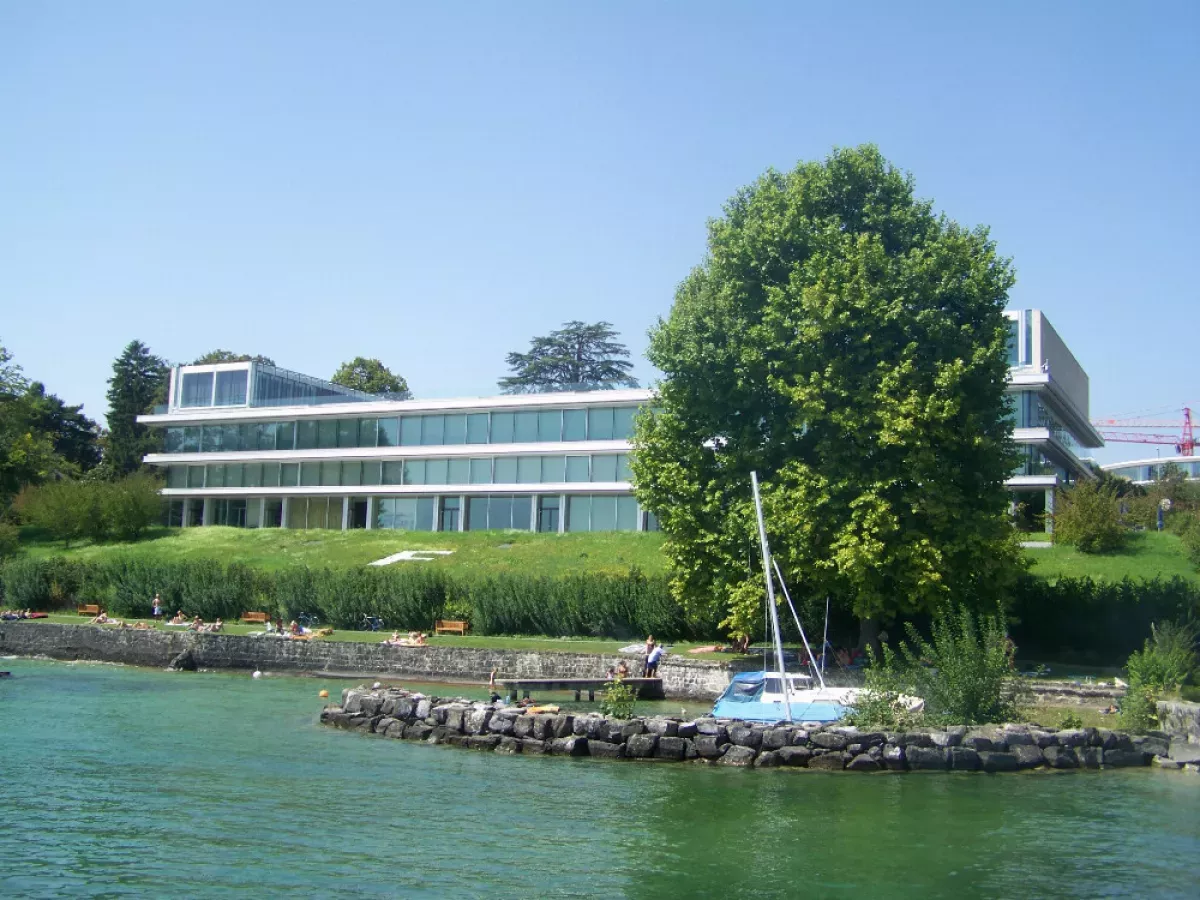UEFA, the Union of European Football Associations, governs football in Europe and some transcontinental/West Asian countries, comprising 55 national associations. It organizes major national and club competitions like the European Championship, Champions League, Europa League, and Conference League, managing prize money, regulations, and media rights. Due to the 2022 Russian invasion of Ukraine, UEFA has suspended all Russian national teams and clubs from its competitions.
June 1954: UEFA Inauguration
On June 15, 1954, UEFA was officially inaugurated in Basel, Switzerland, after consultation between the Italian, French, and Belgian associations with 25 members present and 31 founding associations recognized.
1955: Start of the Inter-Cities Fairs Cup
In 1955, the Inter-Cities Fairs Cup began.
1955: Start of the European Champion Clubs' Cup
In 1955, the UEFA Champions League started as the European Champion Clubs' Cup, initially gathering the top team of each country.
1958: UEFA European Championship started
In 1958, the UEFA European Championship started, with the first finals in 1960.
1960: UEFA headquarters move to Bern
In 1960, UEFA's main headquarters moved from Paris to Bern.
1960: Start of the UEFA Cup Winners' Cup
In 1960, the UEFA Cup Winners' Cup started.
1960: First UEFA European Championship finals
The first finals of the UEFA European Championship took place in 1960.
1964: European Nations Cup renamed
Until 1964, the UEFA European Championship was known as the European Nations Cup.
1971: Launch of the UEFA Europa League
In 1971, UEFA launched the UEFA Europa League as a successor to both the former UEFA Cup and the Inter-Cities Fairs Cup.
1973: Introduction of the UEFA Super Cup
In 1973, the UEFA Super Cup was introduced, pitting the winners of the Champions League against the winners of the Europa League (previously the winners of the Cup Winners' Cup).
1974: Israel admitted to UEFA
In 1974, Israel, which had been banned from the AFC group, was admitted to UEFA.
1984: Beginning of the Futsal European Clubs Championship
The Futsal European Clubs Championship, which was never recognised as official by UEFA, had a long and well-established tradition in the European futsal community dating back to 1984.
1995: UEFA headquarters move to Nyon
In 1995, UEFA's headquarters moved to Nyon, Switzerland.
1995: Relaunch of the UEFA Intertoto Cup
In 1995, the UEFA Intertoto Cup, previously operated by several Central European football associations, was relaunched and recognised as an official UEFA club competition by UEFA.
1999: UEFA Regions' Cup launched
In 1999, UEFA launched the UEFA Regions' Cup, for semi-professional teams representing their local region.
1999: Opening of UEFA headquarters in Nyon
In 1999, UEFA opened its current headquarters in Nyon, Switzerland.
1999: Absorption of the UEFA Cup Winners' Cup into the UEFA Cup
In 1999, the UEFA Cup Winners' Cup was absorbed into the UEFA Cup (now UEFA Europa League).
2001: UEFA Futsal Cup started
In 2001, UEFA's premier futsal competition, the UEFA Futsal Cup, was started, replacing the former Futsal European Clubs Championship.
2001: First UEFA Women's Champions League held
The UEFA Women's Champions League competition was first held in 2001.
2008: Last Intertoto Cup
The last Intertoto Cup took place in 2008.
2009: UEFA Women's Cup renamed
In 2009, the UEFA Women's Cup was renamed to the UEFA Women's Champions League.
2015: Michel Platini involved in 2015 FIFA corruption case
Following the 2015 FIFA corruption case, the then-president of UEFA, Michel Platini, was also involved in the case, leading to a ban from football-related activity.
December 2018: UEFA announces creation of UEFA Europa Conference League
In December 2018, UEFA announced the creation of a third club competition, later named the UEFA Europa Conference League.
2018: Introduction of the UEFA Nations League
In 2018, the UEFA Nations League was introduced, largely replacing international friendly matches.
2019: UEFA decision to host Europa League Cup final in Baku
In 2019 UEFA's decision to host Europa League Cup final in Baku, Azerbaijan left Arsenal with a decision to withdraw their Armenian player Henrikh Mkhitaryan out of the competition due to safety concerns
2019: FC Copenhagen supporters displayed "UEFA MAFIA" banners
In 2019, FC Copenhagen supporters displayed banners around the city with slogans such as "UEFA MAFIA – THE PANDEMIC OF FOOTBALL", when UEFA ordered their 2019–20 Europa League round of 16 return leg be played behind closed doors.
2021: Discussions for a Europa League-style second tier women's club competition
Since 2021, there had been discussions to create a Europa League-style second tier women's club competition.
2021: First edition of the UEFA Europa Conference League played
The first edition of the UEFA Europa Conference League was played in 2021–2022.
February 2022: UEFA partners with Chiliz
In February 2022, UEFA's decision to partner with blockchain company Chiliz was criticised by fan groups across Europe.
2022: First edition of the UEFA Europa Conference League played
The first edition of the UEFA Europa Conference League was played in 2021–2022.
2022: Juventus only team to win all UEFA official championships and cups until 2022
Until the first staging of the UEFA Europa Conference League in 2022, Juventus of Italy was the only team in Europe to win all UEFA's official championships and cups.
December 2023: Creation of Europa League-style second tier women's club competition
In December 2023, the attempt to create a Europa League-style second tier women's club competition came to fruition, with the first edition to be played in 2025–26.
December 2024: Name of the UEFA Women's Europa Cup announced
In December 2024, the name of the Europa League-style second tier women's club competition, "UEFA Women's Europa Cup", was announced.
July 2025: Sanctions for Crystal Palace and Olympique Lyonnais
In July 2025, UEFA sanctioned Crystal Palace F.C. and Olympique Lyonnais for breaching its multi-club ownership rules.
August 2025: Rejection of Palace's appeal by Court of Arbitration for Sport
In August 2025, The Court of Arbitration for Sport rejected Crystal Palace’s appeal against UEFA's sanction for breaching multi-club ownership rules.
2025: First edition of the Europa League-style second tier women's club competition to be played
In 2025–26, the first edition of the Europa League-style second tier women's club competition is set to be played.
Mentioned in this timeline
Ukraine is a country in Eastern Europe the second-largest on...
Azerbaijan is a transcontinental and landlocked country located in the...
Albania officially the Republic of Albania is a country in...

Football is a family of team sports primarily involving kicking...
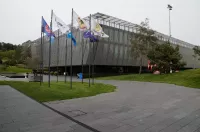
FIFA the F d ration Internationale de Football Association is...
Russia officially the Russian Federation spans Eastern Europe and North...
Trending
23 minutes ago Curaçao Tourism Booming: New Resort and Arrival Surge Expected in 2026

24 minutes ago Laura Zapata joins 'La Casa de los Famosos 6' with a scout mentality.
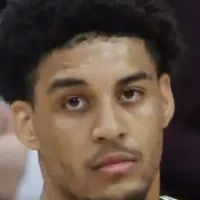
24 minutes ago Yaxel Lendeborg's Viral Video: Michigan Coach Dusty May Responds to Purdue Trash Talk
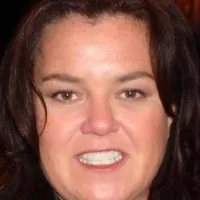
1 hour ago Rosie O'Donnell Returns to US After Trump Threats, Ends 'TDS' Exile

2 hours ago Victoria Jones, daughter of Tommy Lee Jones, cause of death revealed.
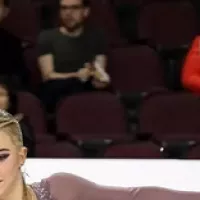
2 hours ago Amber Glenn's Olympic short program: a blend of pressure and glory.
Popular

Jesse Jackson is an American civil rights activist politician and...
Randall Adam Fine is an American politician a Republican who...

Pam Bondi is an American attorney lobbyist and politician currently...

Barack Obama the th U S President - was the...

Kid Rock born Robert James Ritchie is an American musician...
The Winter Olympic Games a major international multi-sport event held...
